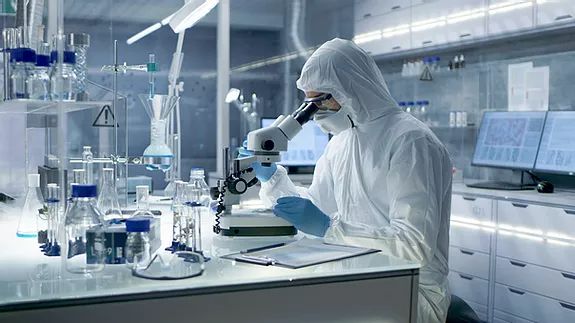The convergence of technology and medicine has ushered in an era of unprecedented advancements, transforming healthcare delivery worldwide. From the precision of surgical robotics to the accessibility of remote patient monitoring, medical technology is redefining the way diseases are diagnosed, treated, and prevented. The COVID-19 pandemic further accelerated this innovation, highlighting the critical role of technology in global health crises.
The Impact of the Pandemic on Medical Technology
The COVID-19 pandemic acted as a catalyst for rapid innovation in medical technology. The urgent need for effective diagnostics, therapeutics, and preventive measures spurred unprecedented research and development efforts. Telemedicine, once a nascent field, became a cornerstone of healthcare delivery, enabling remote consultations, monitoring, and even treatment.
Wearable devices, such as smartwatches and fitness trackers, gained prominence in monitoring vital signs and detecting early symptoms of COVID-19. Contact tracing apps leveraged mobile technology to curb the spread of the virus. The pandemic also accelerated the adoption of artificial intelligence (AI) in medical imaging, drug discovery, and epidemiological modeling.
Key Innovations Shaping the Future of Healthcare
- Artificial Intelligence (AI): AI is revolutionizing healthcare by enabling faster and more accurate diagnosis, drug discovery, and personalized treatment plans. AI-powered medical imaging systems can detect anomalies with greater precision, while AI algorithms can analyze vast datasets to identify potential drug targets.
- Robotics: Surgical robots have become indispensable tools in minimally invasive procedures, offering enhanced precision, dexterity, and visualization. Robotic-assisted surgeries result in smaller incisions, reduced pain, and faster recovery times.
- Wearable Technology: Wearable devices are transforming patient monitoring and chronic disease management. Continuous monitoring of vital signs, physical activity, and sleep patterns empowers individuals to take control of their health. These devices also generate valuable data for researchers to study disease progression and develop new interventions.
- Telemedicine: The pandemic accelerated the adoption of telemedicine, enabling remote consultations, monitoring, and even treatment. This technology improves access to care, especially in rural and underserved areas.
- 3D Printing: This technology has revolutionized the manufacturing of medical devices, prosthetics, and implants. 3D-printed organs and tissues are on the horizon, offering potential solutions for organ transplantation shortages.
- Genomics: Advances in genomics are enabling personalized medicine, where treatments are tailored to an individual’s genetic makeup. This approach holds promise for preventing and treating diseases more effectively.
- Virtual and Augmented Reality: These technologies are being explored for medical training, surgical planning, and patient education. Virtual reality can be used to simulate complex procedures, while augmented reality can provide real-time guidance during surgery.
Challenges and Opportunities
While medical technology offers immense potential, it also presents challenges. Ensuring data privacy and security is paramount, especially with the increasing reliance on digital health records. Additionally, the high cost of some medical devices can limit their accessibility.
However, the benefits of medical technology far outweigh the challenges. By investing in research and development, promoting collaboration between healthcare providers, technology companies, and policymakers, and addressing ethical considerations, we can harness the full potential of medical technology to improve global health outcomes.
The Road Ahead
The future of healthcare is bright, with medical technology at the forefront of innovation. As technology continues to evolve, we can expect to see even more groundbreaking advancements that will transform the way we prevent, diagnose, and treat diseases. The convergence of artificial intelligence, robotics, genomics, and other emerging technologies will create new opportunities for personalized medicine, early disease detection, and improved patient outcomes.
By embracing these innovations and addressing the challenges, we can build a healthier future for generations to come.



